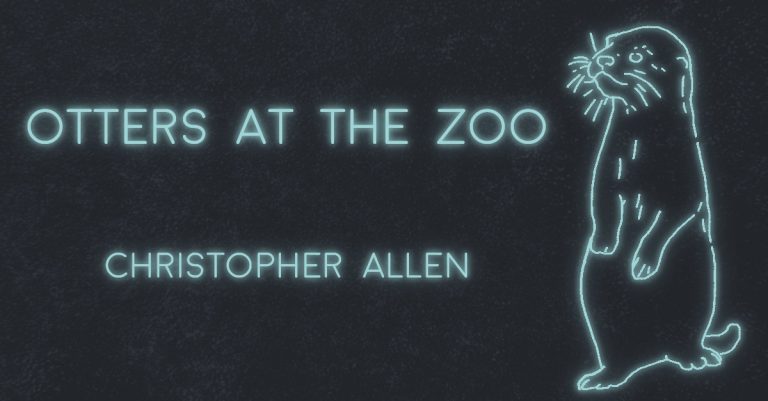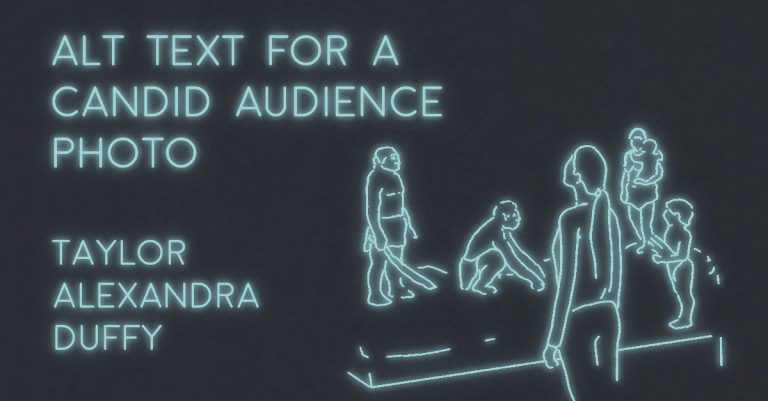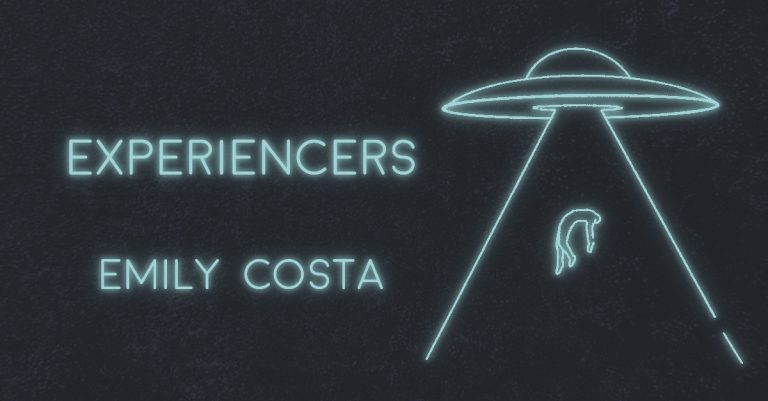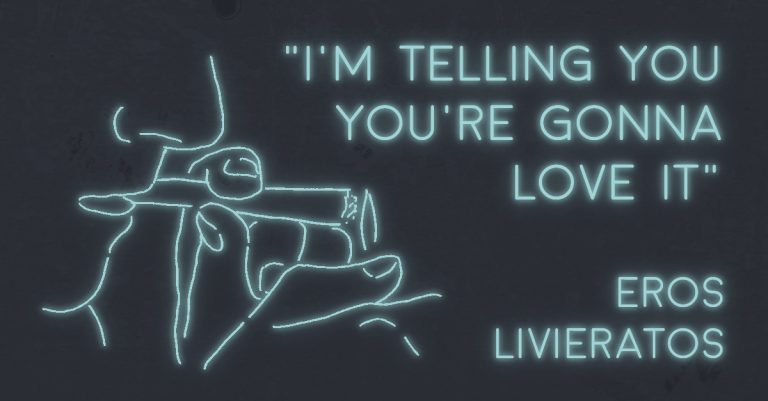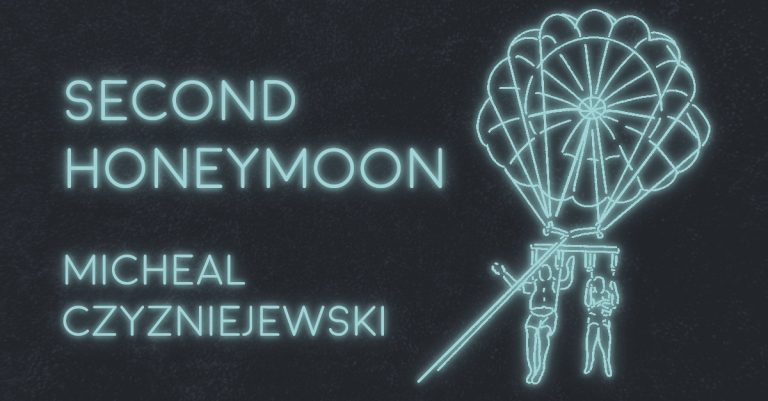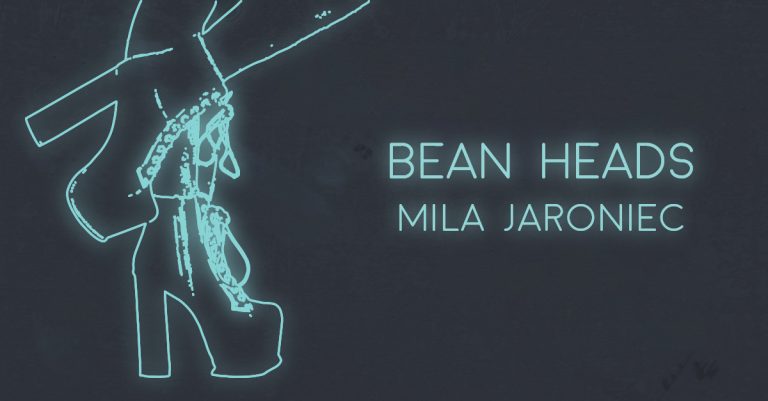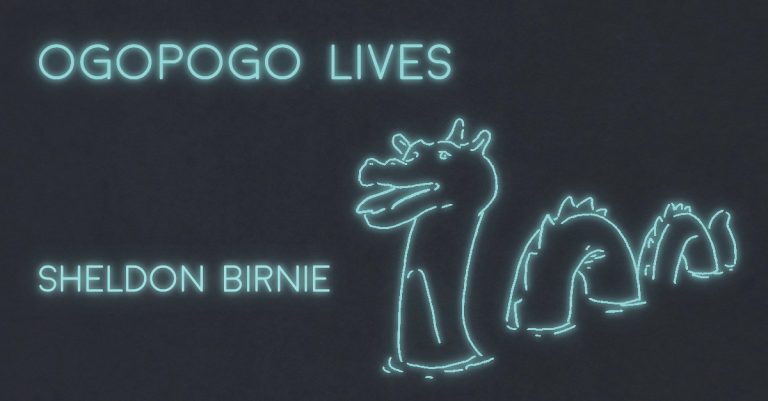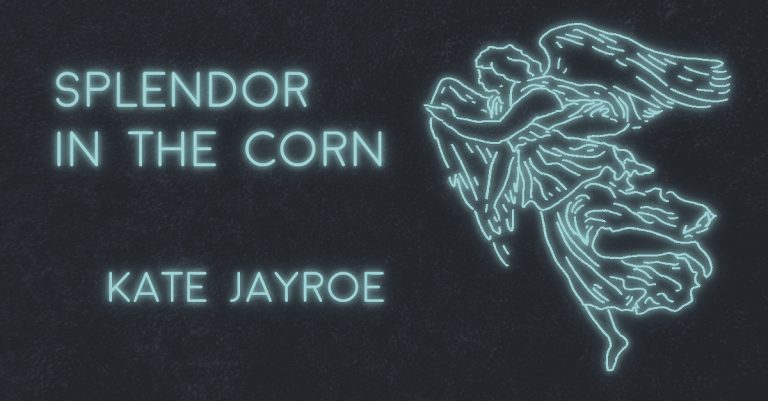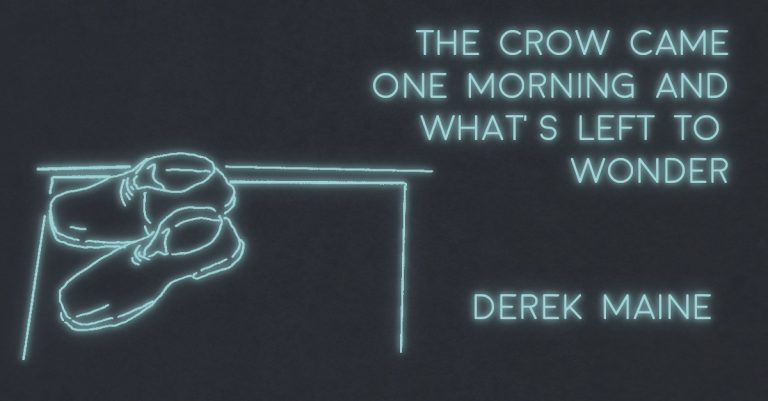
THE CROW CAME ONE MORNING AND WHAT’S LEFT TO WONDER? by Derek Maine
He takes his shoes off by the door. A solemn peek in the hotel mirror suggests pleated pants, starched shirt, taut tie, he’s running out of matching letters to describe his appearance which is always, and only, just that. To himself he appears as an apparition. Do others see him, he wonders often. The meetings today went well. He sold himself. Passed himself off as one of them. Someone they could trust. Someone they could have a beer with. At a baseball game. A hot dog too. He is not that someone. He hasn’t had a beer in some very

